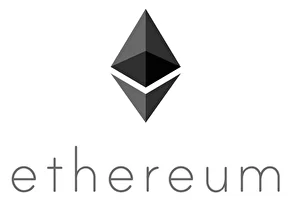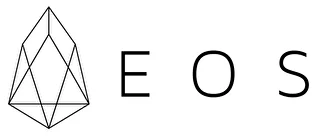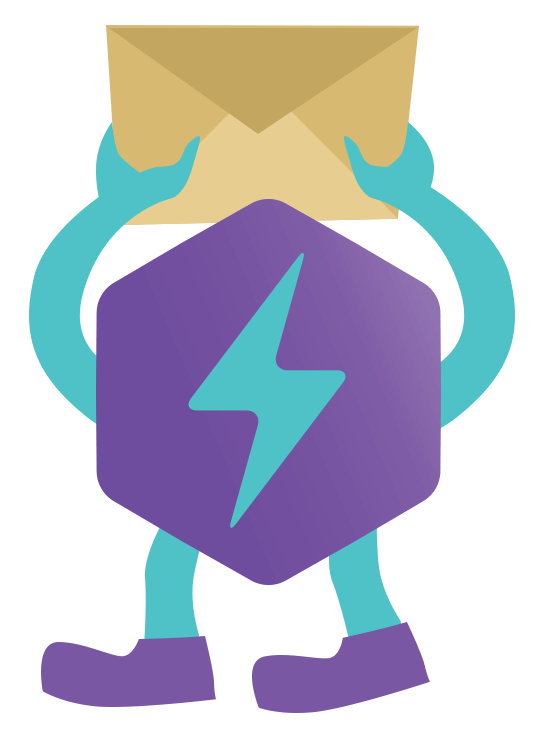NFTpay presents a fresh competitor to MoonPay, offering a streamlined approach to NFT transactions. While purchasing an NFT with MoonPay involves navigating through a complex sequence of – by some counts – 17 steps to finalize a transaction, NFTpay simplifies the process dramatically, requiring just one simple step. It is user-friendly, without additional requirements.
Think of it like this: NFTpay is a payment solution that allows users to purchase NFTs, while MoonPay is a payment service for purchasing crypto.
This simplicity and clear distinction empower everyday users to complete their NFT purchases with ease.
NFTpay is designed to facilitate the launch of your own NFT project, making it exceptionally easy for users to swiftly purchase NFTs using a credit card—no crypto wallet required. Whether you run an NFT marketplace, an NFT collection, or a website dedicated to NFT sales, NFTpay allows you to incorporate credit card payments, significantly boosting your NFT sales.
Many potential buyers lack crypto wallets, but nearly everyone possesses a credit card based on fiat currency. By offering this payment option, you expand your market reach to a broader audience. Additionally, NFTpay reduces the issue of buyers missing out on NFT purchases due to delays associated with fiat-to-crypto conversions on platforms like Coinbase. With credit card payments, the buying process is immediate, resulting in increased sales by 2-10 times through simplifying the purchase process for both Web2 and Web3 users.
Before NFTpay, most marketplaces provided complex explanations, educating their buyers on how to set up a wallet, purchase crypto, and then purchase their NFTs. Metamask has been one of the popular wallets used for holding crypto funds for these types of transactions.
Now, with NFTpay, buyers can simply use their credit cards to make purchases.
It’s a dramatic shift for the industry.
That said, NFTpay is designed as an additional payment option, allowing you to continue using your existing crypto payment methods.
Installing credit card checkouts is a three-step process:
Thankfully, users don’t need to be proficient in programming to set this up. They only need to complete a form with project details and then copy and paste a single line of code. There is the freedom and functionality to customize the style as needed. This system is mobile-friendly out of the box.
NFTpay currently supports almost all major blockchains, including, but not limited to, Ethereum, Binance Smart Chain, Polygon, EOS, AVAX, and Fantom. While this is not the most exhaustive list, these carefully selected blockchain platforms allow for transactions using the most common cryptocurrencies. Next on the list to add include Solana, Algorand, Casper, and Cardano chains.
This walletless system means that anyone with an email address can now hold NFTs. NFTs belonging to customers are securely stored by NFTpay.
The costs are also very competitive. Currently, our service is entirely free for projects. We collect a fee from the NFT buyer to cover transaction costs, but you, as the NFT project owner, receive the full sale price of your NFTs.
NFTpay stands out as one of the pioneers and leading providers of credit card solutions for NFT projects. Our team possesses extensive experience in banking, fintech, and crypto. We are trusted by prominent brands and are also actively involved in shaping the future of web3.
With global reach and high acceptance rates, NFTpay offers the ability to reach a global audience. Furthermore, our fraud protection provides 100% protection against chargebacks and risks.











